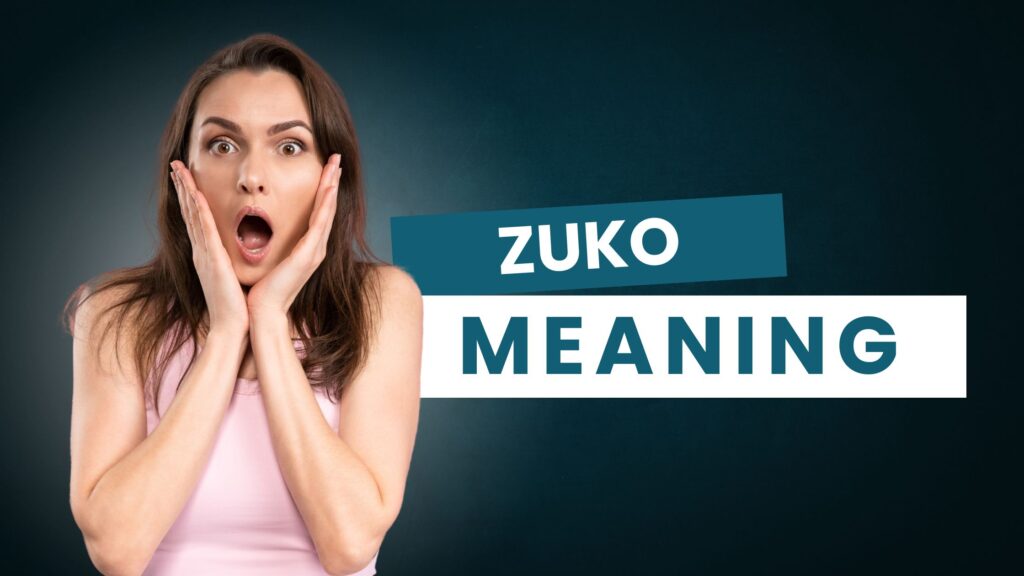The internet is filled with new slang terms that can be confusing. One of those is “LWK.” You might have seen it in text messages, tweets, or Instagram captions. But what does it mean? This article breaks down the meaning of LWK, where it came from, and how people use it today.
What Does LWK Mean?
LWK is short for “Low Key.” It’s a casual way of saying something is done quietly, secretly, or with less intensity. People use it when they want to say something without sounding too serious or too obvious.
For example, if someone says, “I LWK like him,” it means they like the person but don’t want to make a big deal out of it. This slang helps people express emotions or opinions in a soft or chill way. It’s a form of understatement, which can sometimes make a message feel more honest or relatable. Read more slang meanings here.
How LWK Became Popular
The phrase “low key” has been around for years, even before texting and social media. It started out in regular speech and music, especially in hip-hop and R&B. Over time, it was shortened to LWK to save time when typing or to look cooler online.
As more people used it on platforms like Twitter, TikTok, and Instagram, it became part of everyday slang. Young people especially enjoy using short forms like LWK to keep their messages fast and trendy. The popularity of LWK shows how language keeps changing in the digital world.
How to Use LWK in Conversations
You can use LWK in many different ways, depending on what you’re trying to say. Some people use it to talk about emotions they’re not ready to fully admit. Others use it to tone down strong opinions or make jokes without sounding too harsh.
Saying “I LWK hate Mondays” means you dislike them, but you’re trying to keep it light. People also use it in romantic or social situations. If someone says, “I LWK miss you,” it means they miss the person but want to play it cool. It adds a soft touch to a strong feeling.
LWK vs High Key: What’s the Difference?
While LWK means being subtle, high key means the opposite. If someone says, “I high-key want that new phone,” they’re saying it loudly and clearly. It’s not something they want to hide. Using “low key” and “high key” lets people express different levels of feelings.
So, when someone says “LWK excited,” they’re a little excited, not over the top. But if they say “high-key excited,” they’re showing full-on energy and enthusiasm.
Why People Love Using LWK
One reason people love using LWK is because it lets them share thoughts without sounding too bold. It’s also a way to keep things funny or relaxed. In a world where people text and post all day, using casual slang like LWK helps keep conversations light and relatable.
It also fits well with how people talk online. Whether they’re feeling shy, funny, or just not too serious, LWK gives them the right tone.
Common Mistakes with LWK
Some people think LWK is a typo or don’t understand it at first. That’s normal with slang. It’s important to know that LWK is not a spelling error but an actual slang term. Using it in the wrong place can make your message confusing, especially if the other person doesn’t know what it means.
Also, using it too much can make your message sound unclear. It’s best to use LWK only when you want to keep the tone soft or slightly hidden.
Is LWK Only Used by Teenagers?
While LWK started with younger people, it’s now used by many age groups. If you’re online, you’ve probably seen it in memes, comments, or stories. Just like many slang words, it spreads fast and becomes part of regular online talk. Even adults who are active on social media may use LWK when chatting with friends.
Still, the slang feels fresh and fun, which is why it stays popular among younger users.
Conclusion
The LWK meaning is simple: it means “low key.” It’s a modern, fun way to talk about feelings or thoughts without being too direct. Whether you’re texting a friend or posting on social media, LWK can help you sound cool, calm, and casual.
As online slang keeps changing, terms like LWK remind us how playful and creative language can be. The more you understand these terms, the easier it is to keep up with the digital world.


